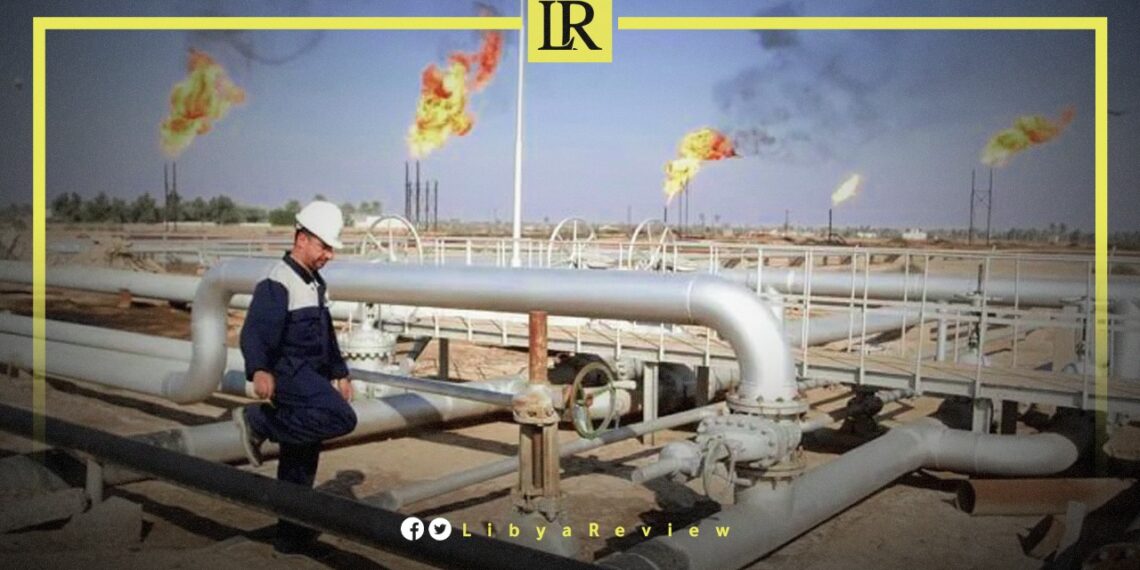A new analysis by the US-based crisis management firm Crisis24 warns that Libya’s efforts to revive its oil industry through international contracts will not guarantee peace or stability in the long term. Despite renewed global interest in Libya’s vast energy reserves, the report highlights that deep political divisions, entrenched corruption, and the dominance of armed groups continue to undermine the sector.
According to the report, Libya’s oil wealth has historically fueled competition rather than unity. Armed groups regularly shut down facilities to extract concessions, while smuggling networks profit from fuel subsidies and black-market sales. Without transparency and institutional reform, the country’s oil revenues will remain a driver of conflict.
The report also cites a UN investigation that exposed how the private firm Arkeno exported six million barrels of crude worth $460 million between May and September 2024 outside the oversight of the National Oil Corporation (NOC). The company was reportedly linked both to Khalifa Haftar’s forces in the east and to Prime Minister Abdulhamid Dbaiba in Tripoli—illustrating how rival factions exploit oil exports to bypass state authority.
Security risks remain another major obstacle. While eastern Libya is relatively stable under Haftar’s command, Tripoli and its surrounding areas continue to see frequent clashes between militias. Companies operating in Libya face threats including road closures, seizures of key infrastructure, kidnappings, and politically motivated detentions. Crisis24 recommends that foreign firms adopt strict security and operational protocols to manage these dangers.
Yet, international oil companies are still returning. In recent months, ExxonMobil, BP, and Shell signed agreements with the NOC, signaling renewed appetite for investment. Libya, a member of OPEC, has set an ambitious target of raising production to two million barrels per day by 2026.
The report concludes that while energy deals may bring short-term economic benefits, without institutional transparency and accountability, Libya’s oil sector risks remaining a source of rivalry and instability rather than a foundation for peace.


